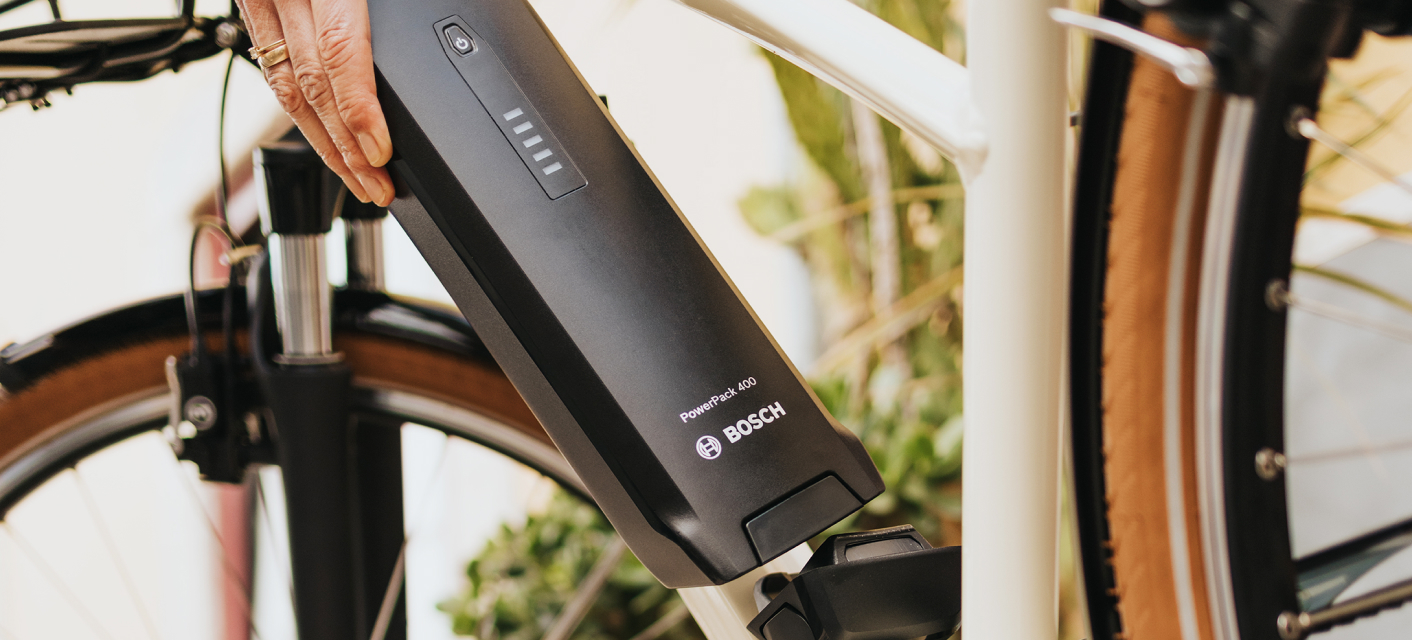

E-bikes open cycling up as a truly accessible way for everyone to travel, commute, carry cargo and stay healthy regardless of their fitness level or experience riding bikes.

You can ride an e-bike (also referred to as an e-cycle or electric bike), anywhere you’d ride a normal bike: on the road, on a cycle path or shared-use path, or on a bridleway or byway. You don’t need to be taxed or insured or have any formal training.
Riding an e-bike brings a sense of freedom you can’t get from driving a car. It lowers personal travel costs, helps to cut carbon emissions and reduces inner city travel time. In addition to this, cycling - including using an e-bike or non-standard cycle - has proven mental and physical health benefits. Check out the stats and studies to support this on our resources page.

However, whilst the number of people enjoying the benefits of e-cycling has risen significantly in recent years, so too has the influx into the UK of aftermarket lithium-ion batteries, chargers and conversion kits. These can present a significant fire risk. Learn how to recognise a high-risk product here.
Many people have become hesitant to buy an e-cycle after learning about battery fire incidents, discouraging them from experiencing the benefits of active travel and e-cycling for leisure.
However, two thirds of UK adults say that e-bike battery education would lower their concerns about purchasing and using an e-bike.
This is why the ‘E-Bike Positive’ campaign has been launched.



The E Bike Positive campaign has been launched to improve the British public’s knowledge of safe and legal e-biking and the benefits it brings. Its aims are:


